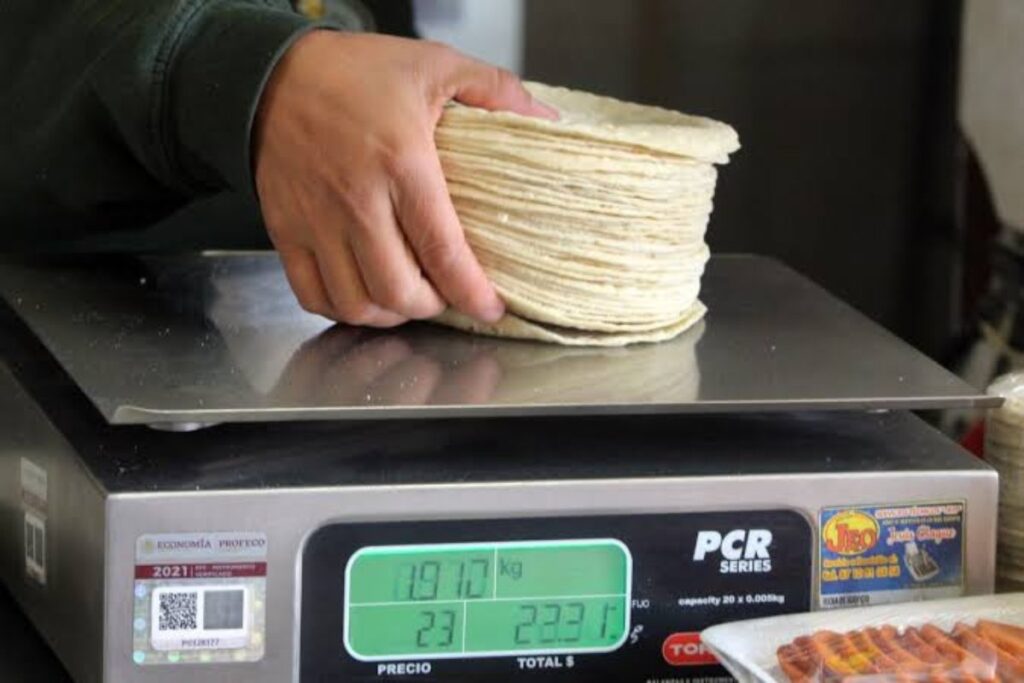The Tortilla de Harina has since lost its right to remain on grocery shelves after its Florida-based producer, El Mirasol, voluntarily announced its recall.
However, an update has emerged on the issue. On June 17, 2024, the FDA released to the public its long-awaited risk level. But how significant is this new information?
The Recall
On April 29, 2024, El Mirasol, acting upon the recommendation of the United States Food and Drug Administration (FDA), began recalling its popular tortilla wrap product, the Tortilla de Harina.
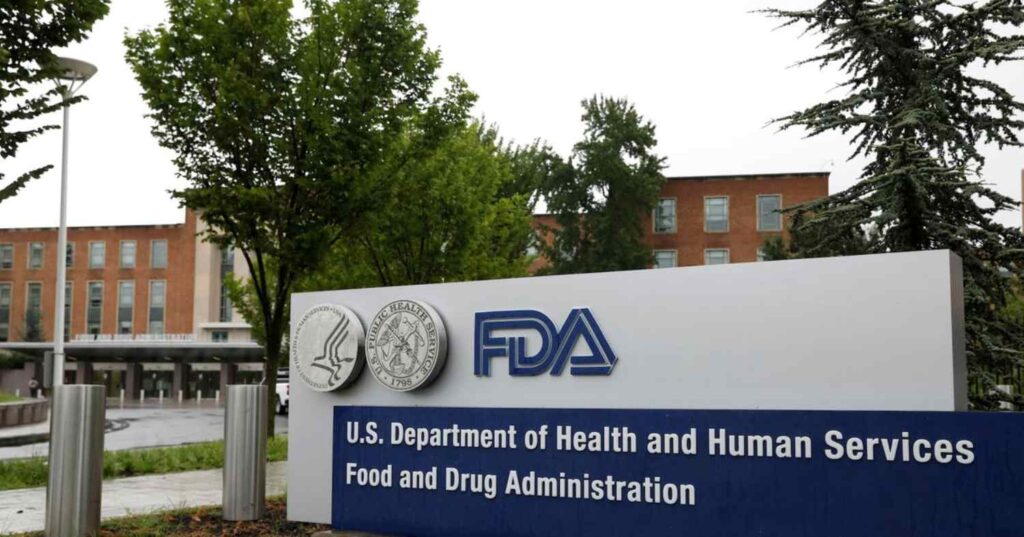
This move became necessary after the Plant City-based manufacturer, which also happens to be the largest Tortilla maker in the Sunshine State, discovered a pretty serious problem with the products.
An Undeclared Allergen
El Mirasol found that its product contained an undeclared allergen—wheat. If ignored, this unusual allergen could cause significant discomfort to wheat-sensitive consumers of the product.

The recall affected dozens of bags of tortilla wraps, which were already making waves in the market for their attractive texture and taste. Fortunately, the affected products hadn’t gone very far as they were only distributed within Florida.
Unraveling the FDA Recall Risk Levels
Every FDA-instigated recall is followed by a risk-level designation. The FDA classifies the recalls by risk levels to communicate the severity and emergency involved. At the moment, all FDA food recalls fall into any of three levels or, better still, classes.

We have classes 3, 2, and 1, beginning from the least severe to the most severe. Let’s examine each of these classes.
ALSO READ: FDA Issues Recall for Baby Products With Potentially Fatal Bacteria
Class 3 Recalls
Class 3 recalls are for foods that aren’t likely to cause adverse health challenges. “But why does the FDA recall them?” The reason is that there is still a slim chance that they could.
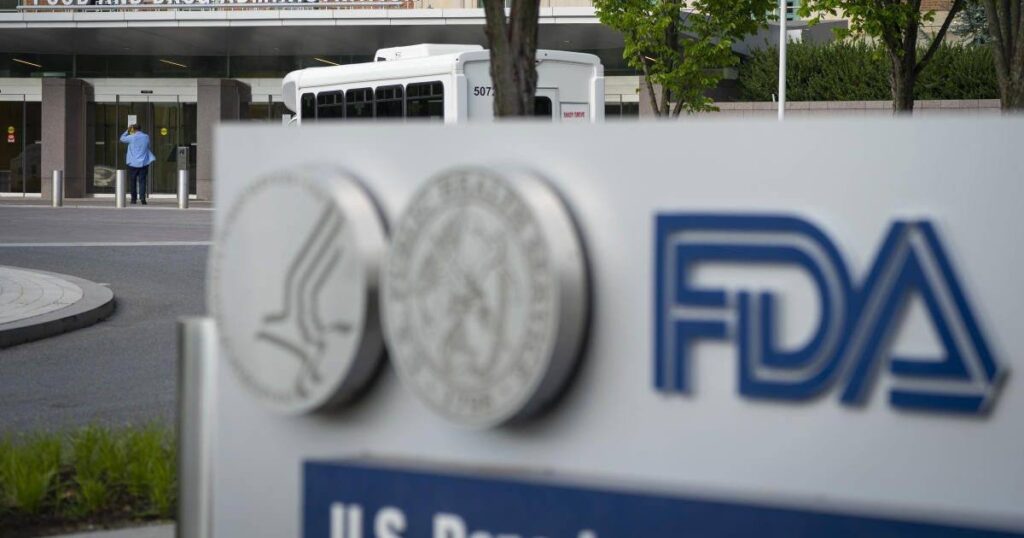
The FDA takes the health of Americans seriously and wouldn’t want to risk the lives of food consumers. That is to say, class 3 recalls happen when the regulator errs on the side of caution.
Class 2 Recalls
On June 17, the FDA classified the Tortilla de Harina as a Class 2 recall. The FDA issues this kind of recall when it finds that a product has a lower chance of causing serious injuries or death.
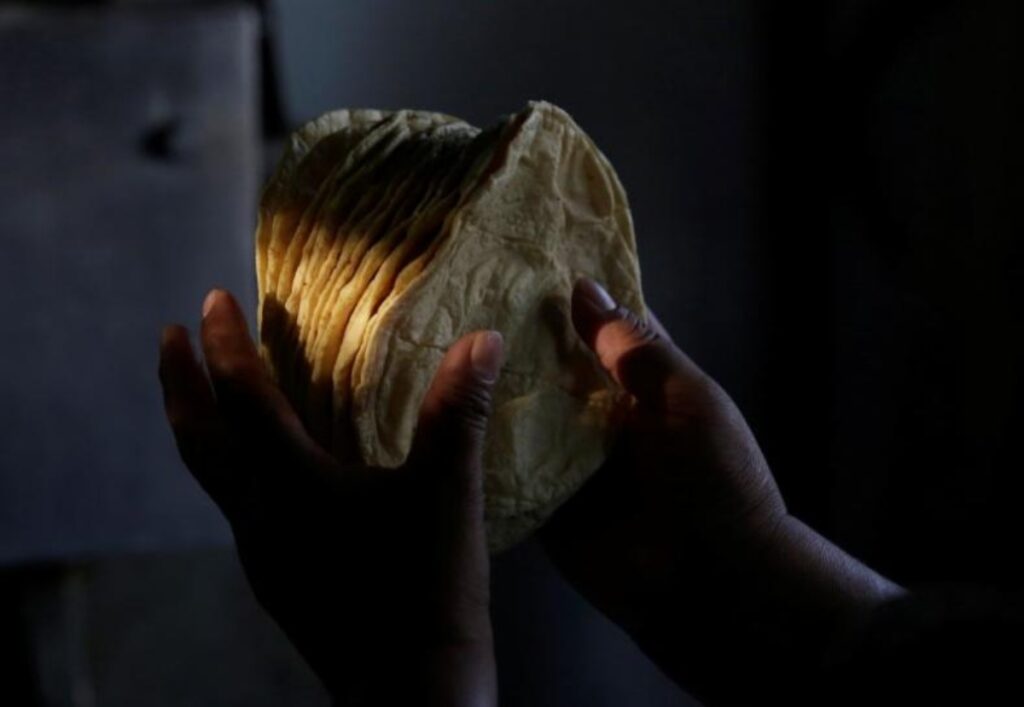
However, the FDA has also determined that products under this class of recall, though not likely to be fatal, have a good chance of serious and potentially irreversible adverse effects on consumers.
Class 1 Recalls
This is the most serious and urgent recall classification. Here, the implicated products can not only cause serious injury when consumers expose themselves to them or consume them but there is a good chance that they could lead to death.

According to reports, Class 1 FDA recalls have surged since 2020. In fact, 2022 saw the highest-ever number of recorded class 1 recalls from the FDA.
More on the Allergen
The allergen in question is a pretty common one with significant health implications, such as stomach cramps. However, the problem wasn’t necessarily its presence in the tortilla wraps; it was an absence of a declaration.

Manufacturers have a responsibility to mention the presence of any allergens in their products. El Mirasol’s failure to do so has now affected about 50 cases of the product, each containing 20 packs of the tortillas.
ALSO READ: FDA Warns Against Using Six Brands of Ground Cinnamon Found To Have High Levels of Lead
What Is a Wheat Allergy?
Wheat is just one of the numerous foods that can cause allergies. However, in the case of wheat, the consumer’s immune system suffers the effects of or reacts to its consumption.
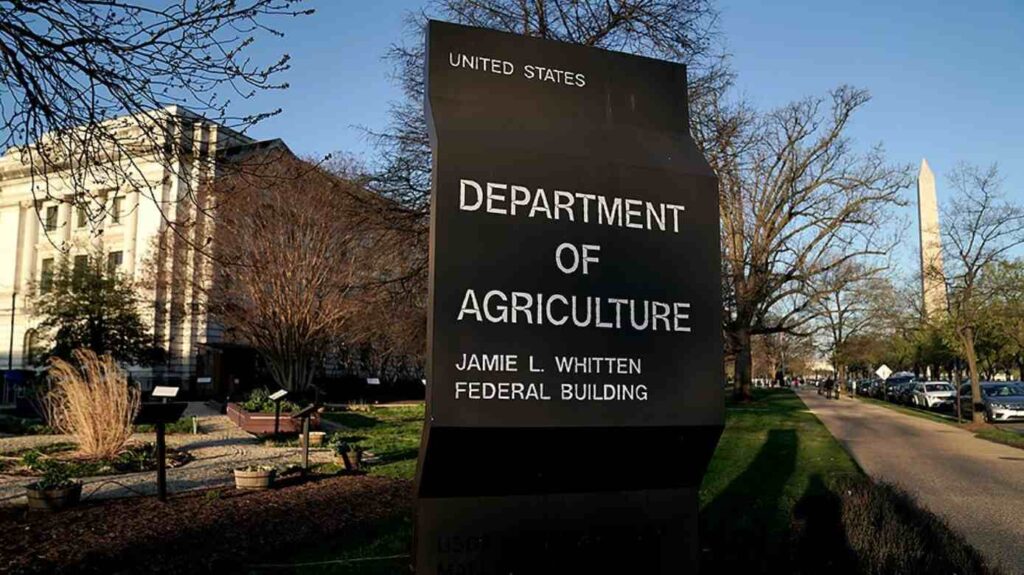
Besides the earlier mentioned stomach cramps, other reactions include diarrhea, hives, rashes, and nausea. In the worst cases, it would cause a potentially life-threatening allergic reaction called anaphylaxis.
Consumers With Celiac Disease Are Also at Risk
People who suffer from Celiac disease will also suffer from the wheat content of the recalled tortillas. Celiac disease is an illness that occurs due to an immune reaction to gluten, a protein found in foods containing barley, rye, and wheat.

Persons suffering from celiac disease could end up with a damaged stomach lining after consuming the Tortilla de Harina. As a result, symptoms such as weight loss, nausea, fatigue, anemia, and constipation will emerge.
How to Identify the Affected Tortillas
Each pack of the Tortilla de Harina contains ten tortillas. The packages come in clear plastic bags with about 400 grams of the product.

The affected lots are 012324120800, which will expire on February 23, 2024, and 021924120800, billed to expire on March 19, 2024. Consumers in possession of the product must return them to their purchase points as soon as possible.
Vigilance is Key
Without the FDA’s intervention, we would have a food health crisis. More than ever before, there is a need for a food health watchdog like the FDA and the USDA. However, they can’t do all the work.

Consumers, especially those with food allergies, also have a role in monitoring their food health. For example, they should read food product labels carefully.
Information Can Save Lives
So far, so good; the FDA has done a pretty commendable job of spotting harmful food products. In addition, the agency has been swift in calling the public’s attention whenever a faulty product is in circulation.

Unfortunately, consumers are not attentive to these food health alerts. For their safety, individuals should stay close to the FDA’s doorstep to get such valuable and life-saving information as soon as they are posted.
You Might Also Like:
Katy Perry “Fixes” Chiefs’ Kicker Harrison Butker’s Controversial Commencement Speech
Trump Supporter Wearing MAGA Hat Accuses American Airlines Of Discrimination
Texas Governor Claims “Voter Fraud” Is Happening in Houston
Simon Guobadia Apologizes to His Family for His Online Tussles Amid Divorce With Porsha Williams
